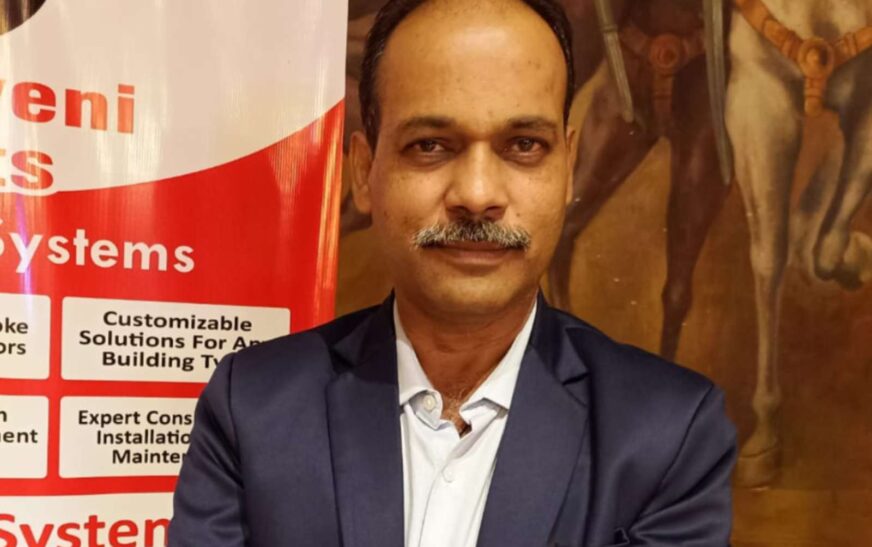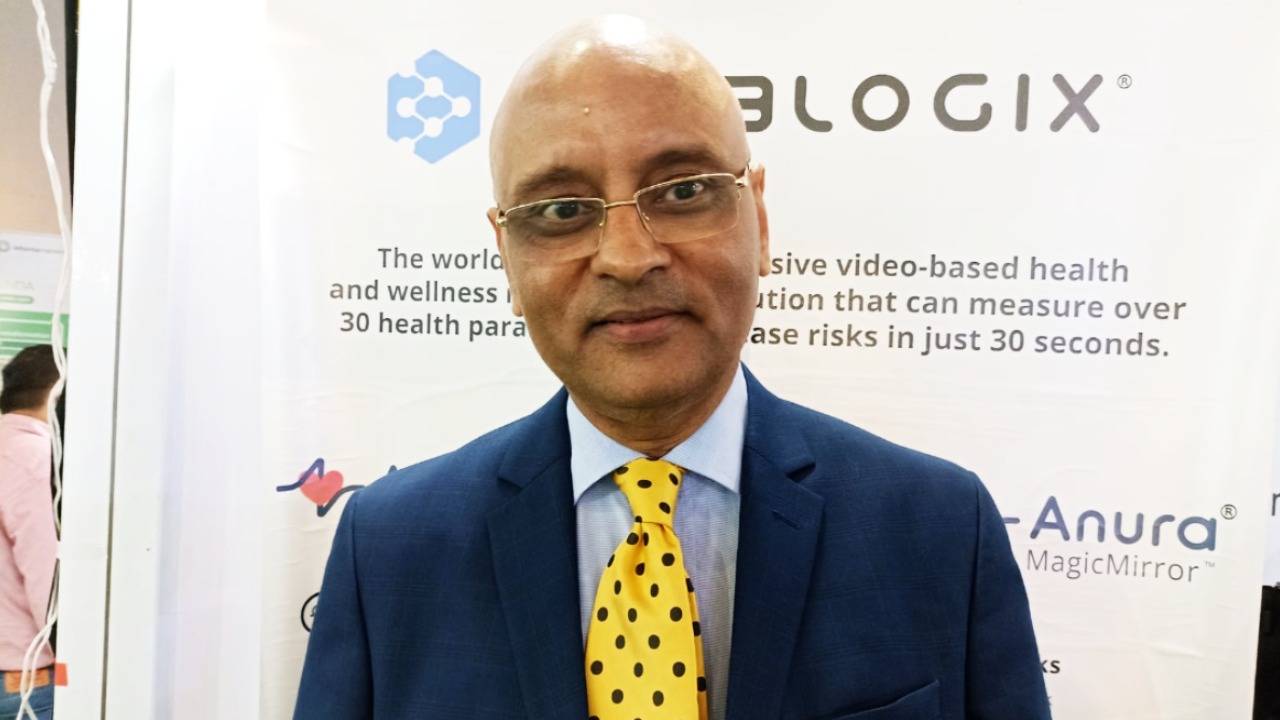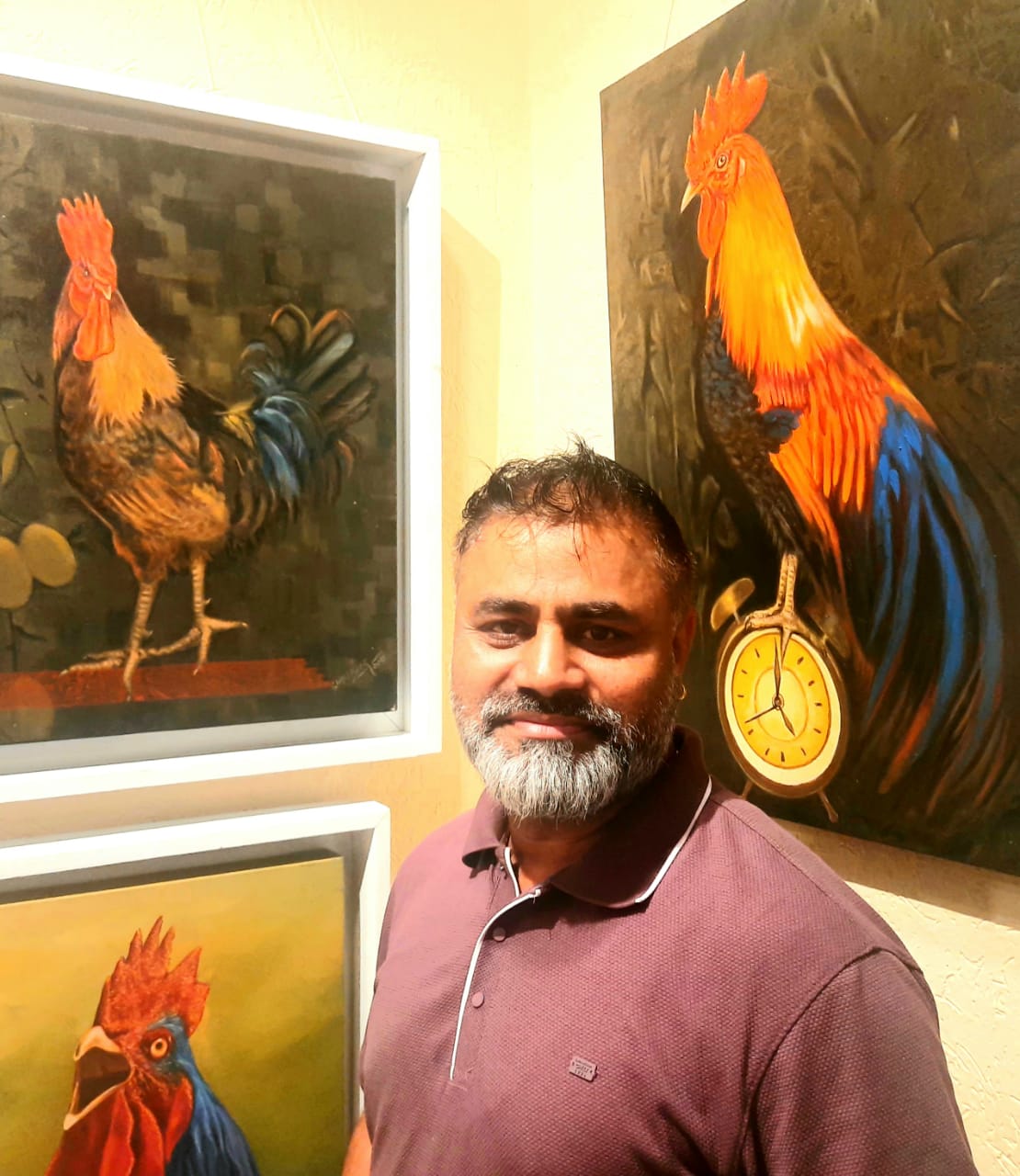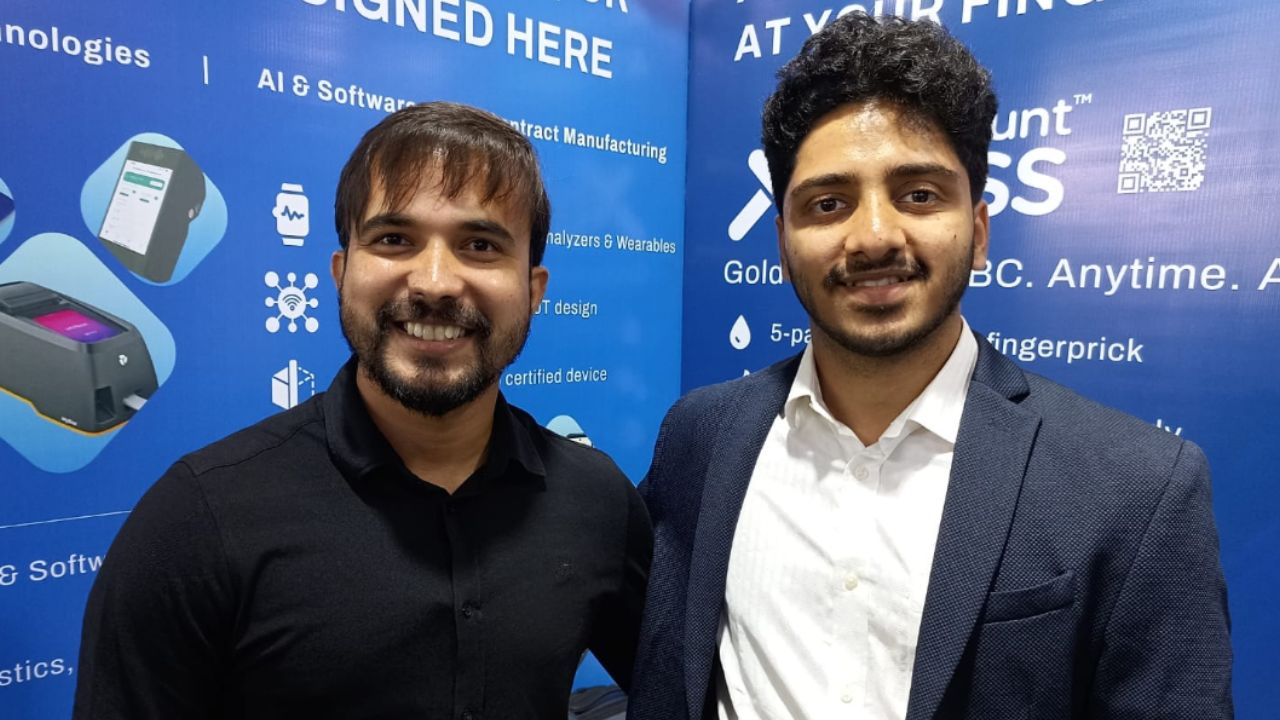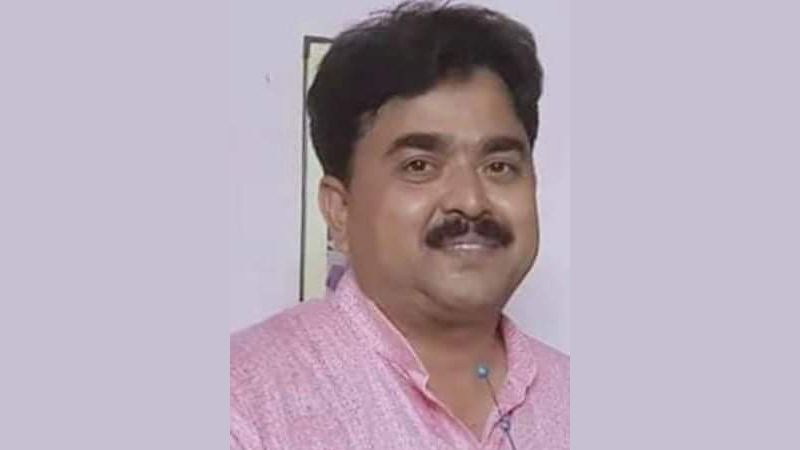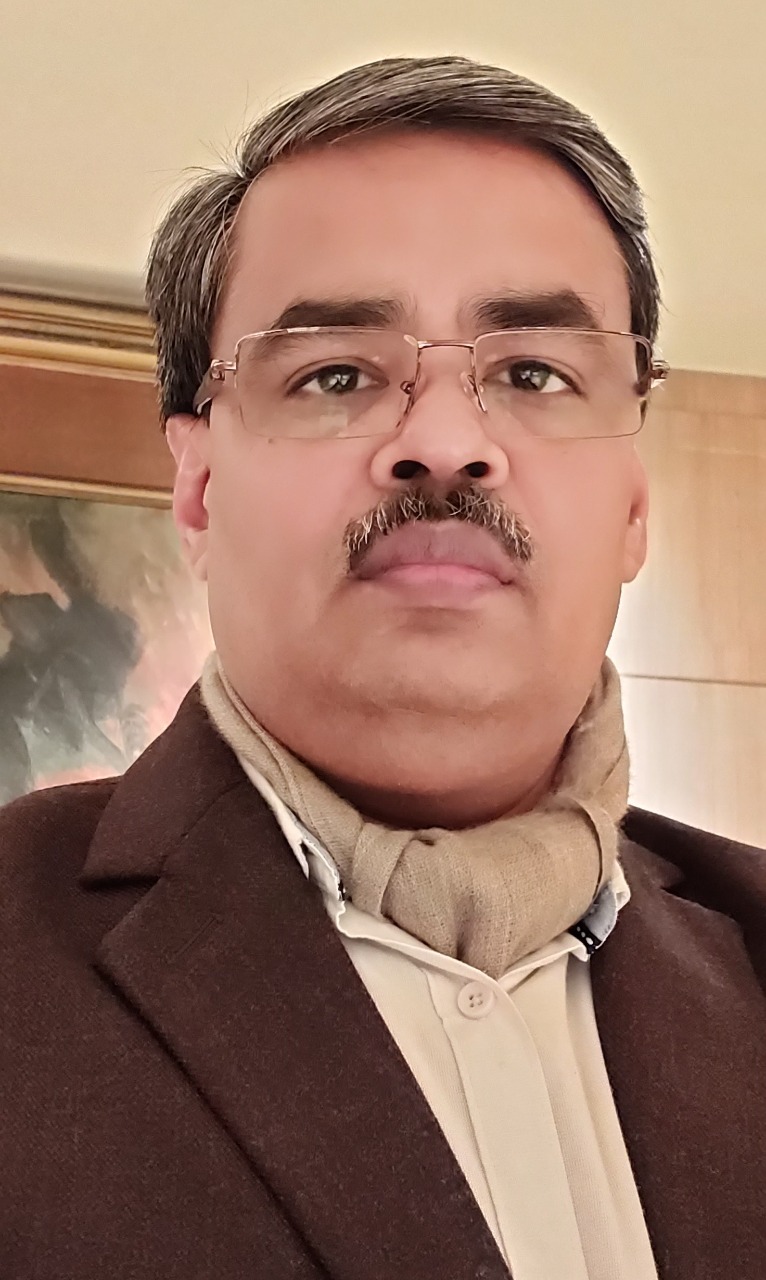The Institute of Technology and Science (ITS) Ghaziabad stands as a premier educational institution, distinguished by its unwavering commitment to excellence in technical education. Since its establishment in 1995, ITS Ghaziabad has offered a diverse array of undergraduate, postgraduate, and doctoral programs across engineering, management, and computer applications. The institute’s state-of-the-art infrastructure, cutting-edge laboratories, and dedicated faculty create an environment where innovative learning and research thrive.
ITS Ghaziabad is celebrated for its strong industry connections, which provide students with invaluable practical exposure and robust placement opportunities. The institution also prioritizes holistic development, integrating various extracurricular activities, workshops, and seminars to equip graduates with the skills to navigate global challenges effectively. ITS Ghaziabad’s relentless focus on quality education and research has secured its place among India’s leading technical institutions.
In an exclusive conversation with The Interview World, Dr. Sunil Kr. Pandey, Director (Information Technology) and Director (UG) at ITS Ghaziabad, elaborates on the institute’s innovative strategies to remain in step with industry advancements. He highlights initiatives that foster entrepreneurship and support startups, while also offering insights into how ITS Ghaziabad aligns with the vision of the National Education Policy (NEP). Here are the key takeaways from this insightful interview.
Q: Can you elaborate on how ITS Ghaziabad is innovating within the technology education sector to stay aligned with industry advancements?
A: We operate as a collective of 10 diverse institutions, each specializing in different verticals, including engineering, management, information technology, dentistry, pharmacy, physiotherapy, and biotechnology. As a professional institution, we recognize that students who enroll with us arrive with high hopes and aspirations.
To meet these expectations, we must first understand each student’s strengths and align our resources to equip them with the skills they need to enhance their employability. Without this strategic alignment, institutions like ours would struggle to sustain themselves in the long term. To address this, we’ve initiated several resource development efforts within the institution. We’ve identified critical technologies such as IoT, big data, data analytics, and cybersecurity, which are increasingly relevant. In the management domain, data and HR analytics are rapidly gaining traction.
Our approach involves continuous engagement with industry leaders. We maintain strong connections with founders and executives from various organizations, which allows us to stay informed about emerging technologies that will be crucial in three to four years when our students graduate.
After identifying these key technologies, we focus on training our faculty. We send them to industry placements, sometimes for one or two months, to gain hands-on experience. Additionally, we run training programs with Wipro-certified faculty to ensure our instructors are proficient in these areas.
Recognizing that we can’t do everything in-house, we’ve formed strategic collaborations with organizations like the Bombay Stock Exchange, ICT Academy, and Infosys Foundation. We’ve also established the Microsoft Center of Excellence and dedicated labs for big data and data analytics. These partnerships enable industry experts to train both our faculty and students, fostering a robust ecosystem that can endure over time.
Since industry professionals can’t always be on-site, we’ve designed training programs where our faculty, who are passionate about these technologies, receive industry-led training. These faculty members then continue to explore and refine their knowledge, which they pass on to small groups of students. This approach has yielded significant results, as evidenced by the successful placements and entrepreneurial ventures of our students. The dividends of these efforts are now becoming increasingly apparent.
Q: What initiatives has your institute implemented to foster entrepreneurship and support startups? Do you have any dedicated startup incubation centers or similar programs in place?
A: As the ITS Group, we have evolved into a 30-year-old institution with a strong commitment to fostering innovation. Our Greater Noida campus, home to a state-of-the-art incubation center supported by the Department of Science and Technology (DST), serves as a testament to our dedication. This center occupies an entire floor, where leading companies have established their presence, providing our students with invaluable opportunities for hands-on learning and training.
We take immense pride in the fact that several products developed within our incubation center have received recognition from esteemed institutions like Dr. A.P.J. Abdul Kalam Technical University. These products have not only gained academic acknowledgment but have also successfully entered the commercial market.
At ITS Group, we have always championed the idea that job creation, rather than job seeking, is crucial for addressing the needs of our society and country. We believe in nurturing an entrepreneurial spirit among our students. When one student starts a venture, they create opportunities for 10 to 20 others, thereby strengthening the ecosystem.
Our incubation center is thriving, with consistent financial backing from the DST, Government of India. We currently have around 6 to 7 startups operating within the center, and we regularly conduct programs to support and encourage our students’ entrepreneurial ambitions.
Q: How does your organization align its strategies and initiatives with the vision and goals outlined in the National Education Policy (NEP)?
A: The vision behind the National Education Policy (NEP) and the minds driving this initiative are truly remarkable. If implemented with full commitment, NEP has the potential to revolutionize our education system. It goes beyond traditional classroom education by emphasizing the development of essential skills.
Students have diverse aspirations. Some are focused solely on securing jobs, while others may begin with employment but later transition to entrepreneurship. Additionally, there are students who aim to start their own ventures right away. NEP recognizes these varied paths and offers a holistic 360-degree approach to education.
NEP emphasizes technology, the integration of school and university systems, and the promotion of research. Significantly, it also includes education on our cultural heritage, enabling students to develop a deep understanding of their country, culture, and value systems. This comprehensive approach equips them to better understand the needs, processes, and values of their environment, allowing them to plan their careers or ventures in a way that best suits their specific context.
NEP is indeed a transformative policy. While its implementation may present challenges, I am confident that sooner or later, it will be universally adopted. At our institute, we have actively supported Chaudhary Charan Singh University in finalizing the NEP-based syllabi. We are optimistic that by the next academic session, our undergraduate programs will fully align with the NEP framework.
Q: How is ITS Ghaziabad implementing the vision of interdisciplinary learning as outlined in the NEP?
A: As I mentioned earlier, our group of 10 institutions offers diverse programs in various fields, including engineering and management. Today, the landscape has changed significantly. The days when one could confidently rely on a single technology for 5 to 10 years are over. Companies now face complex challenges that demand interdisciplinary expertise. For instance, a pharmaceutical project might require engineers, psychologists to assess the drug’s impact on human behavior, physicians to evaluate its effects on other medications, and environmentalists to ensure its alignment with sustainable development goals.
In this context, cross-functional and interdisciplinary communication is crucial, especially if we aim to align with the National Education Policy (NEP) system. Our institution has integrated interdisciplinary learning into our curriculum, preparing our students to thrive in these collaborative environments.


